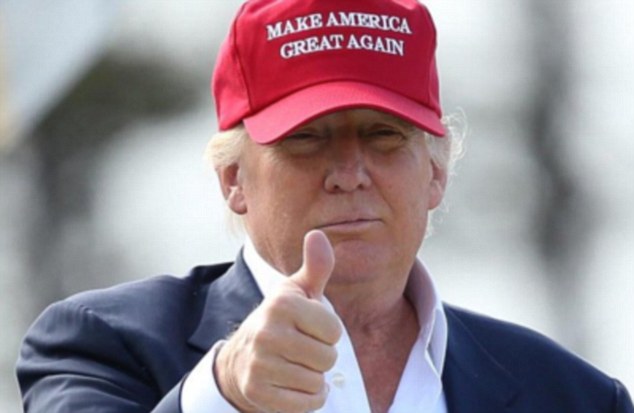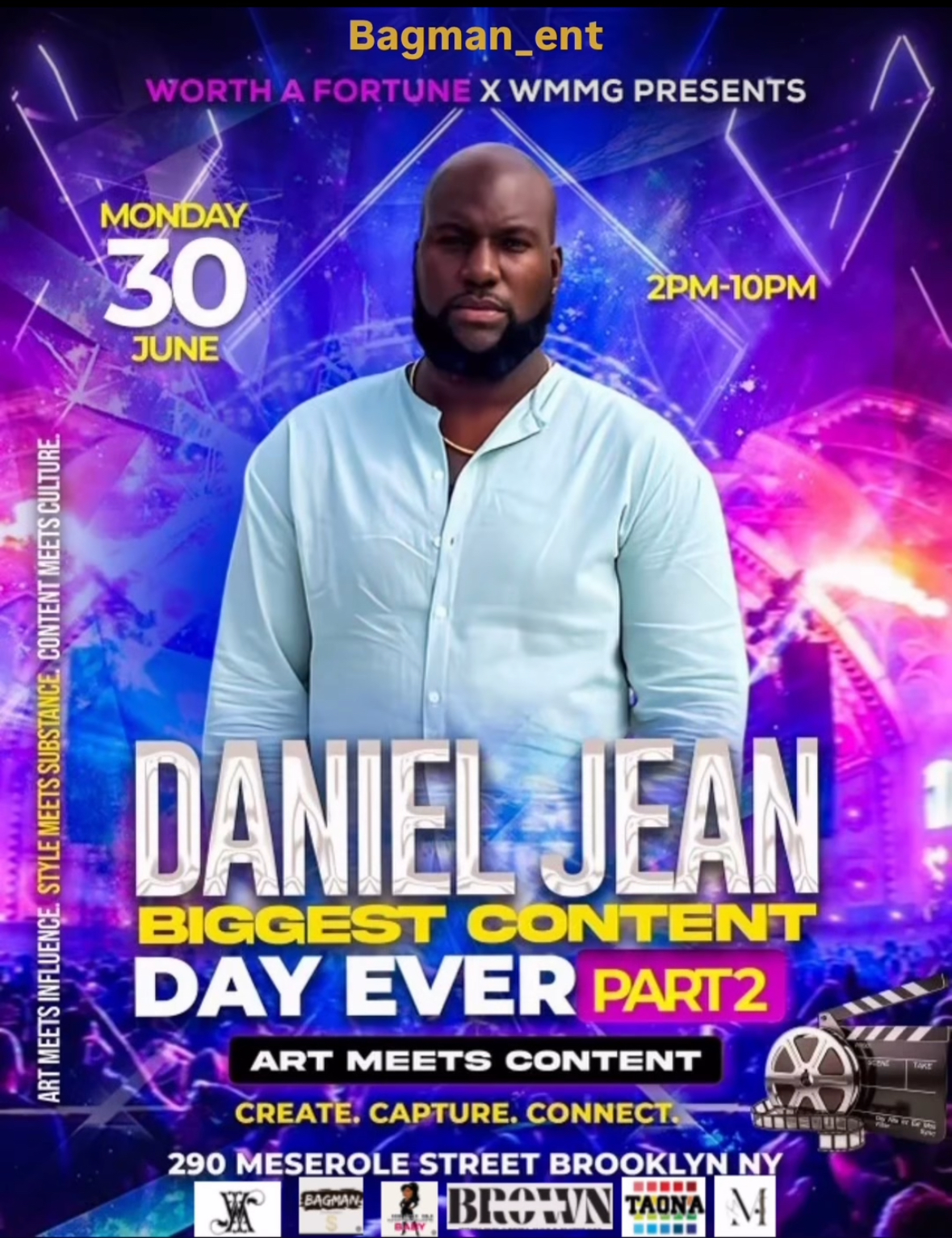We Speak Events
Trump and the Real Game at Play

The Bible Belt is on religious holiday this Monday: it’s the college football national championship game in Atlanta, which is basically Sabbath for the Deep South everywhere.
By 3:00 p.m., all Atlanta, Fulton County, and state government establishments will close. By 4:00 p.m., most schools and college campuses will be a ghost town; students and teachers alike will be skipping class.
By some time midafternoon, the President of the United States of ‘Murica himself will touch down in Atlanta for the biggest college game of the year.
By 8:00 p.m., millions of eyes will be glued to TV screens nationwide to see the Georgia-Alabama kickoff in this fateful throw down.
But part of the sport will not even be what’s happening on the field; it’s all the implications of what’s happening in the stands, the city, and how it reflects the state of our country.
45 is not just attending to “roll tide”; he is there to shake hands, kiss babies, and remind his core voter base who “made America great again.” Come Monday, the Mercedes Benz stadium will be a field ripe with current supporters and future votes, and Trump is coming to harvest.
According to Forbes, Trump won all 11 SEC states: Alabama, Arkansas, Florida, Georgia, Kentucky, Louisiana, Mississippi, Missouri, South Carolina, Tennessee, and Texas. To no one’s surprise, the heartland of college football was almost unanimously red.
So underneath the festivities, the occasion will also be fraught with political tension.
The National Anthem is sure to be a patriotic show like no other, with the NFL’s ongoing battle with peaceful protest sparked by Colin Kaepernick. Monday also marks the first day of Georgia’s Legislative session for the year, which will touch on tighter bills for hate crimes and sexual harassment.
As diverse as they are, each of these issues have been hot topic buttons in the country’s conversation. With 2017 came a reckoning for sexual harassment in the workplace, as well as a re-awakening for women rights. Civil rights bled into sports arenas, as athletes like Kaepernick took a knee for injustice, or took a stand against the current administration like NBA star Stephen Curry.
Trump has been a clear adversary in these political fights, publicly endorsing Alabama candidate Roy Moore despite several sexual harassment allegations. Or his even more public Twitter temper tantrums against Curry and protesting NFL players in general, calling for those “sons of bitches” to get in line and just play the game.
Meanwhile, this will be taking place in a city which recently elected its second black female mayor, while buckling under the pressure of gentrification and a rapidly changing demographic.
All of this social strain will be simmering just below the turf Monday night.
It will be sport, politics, and bitter rivalries till the clock strikes zero in the last quarter. There will be blood, and there will be one hell of a game.
But while we’re clinking beers and placing bets, stay woke to the real game at play here.
God Bless these “United” States of America, and may the best team win.
We Speak Entertainment
BIGGER AND BETTER: DANIEL JEAN CONTENT DAY PART 2

NEW YORK-NY— On June 30th, Daniel Jean, one of New York City’s top influencers, is hosting the second installment of #ContentDayNYC event. Jean is bringing the city’s hottest rappers, dancers, and influencers from the five boroughs under one roof.
Jean’s first content day, popped off on May 19th, 2025 as he packed out three floors of the Culture House store in the Herald Square section of Manhattan. In attendance were rappers Stunna Dior, Kyah Baby, Lucky Banks. Media Platforms World Star and CEO of Still got the Juice TV, Phresher Dyggs, Lite Feet dancer Xavian Sanchez, and Influencers Dupree Christopher and Devonte Rosero. Hot 97’s DJ Drewski made an entrance, when he walked in with a bird in his backpack.
Guest were able to get their teeth bejeweled and lymphatic massages to help with slimming up for summer all while showing off their talents, personalities and bodacious bods. The event, created to curate original and fresh content while cross promoting one another, provided a perfect networking and community building opportunity.
“I sat with my team and was trying to figure out what can we do to connect everyone together and while ideas started to flow , we said let’s do a content day. And there you have it, Daniel Jean presents The Biggest Content Day Ever.” said Jean.
Captured by: @_projecthenny #ContentDAyNYC #CreateCaptureConnect
If you’re a millennial or active on social media, then you may have seen the influencer Daniel Jean on your timeline in one of his many viral videos. Along side commuters, Daniel and his wife Esmerlin Valdez, stormed the already crowded train system with decorations a host of creators and cameras rolling capturing the most viral wedding reception in NYC metro history. In between recording his skits, he serves as a private chef at The Luxe Hideout, one of New York City’s hottest venues. Jean is also a philanthropist, in 2024 serving dinner to those same train riders.
For years Daniel has been developing organic relationships while aligning himself with the city’s local businesses, celebutants, artists, influencers and content creators.
Jean is partnering with Worth A Fortune, Biopic Arts Collective and Warrior Mentality Music Group to bring curated sets, professional photography and videography operations, live direction and more.
The Biggest Content Day Ever part-two is promising to be bigger and better with more activations, photo opportunities, and few special guests appearances. The first 100 tickets have sold out. With eight hours of playtime, you never know who may pull up, so don’t you miss out and get your tickets right now on eventbrite.com .

-

 We Speak Soccer7 days ago
We Speak Soccer7 days agoNo Entry Allowed: How Austin Fortner Is Becoming a Standout Keeper with Confidence and Control
-

 We Speak Football1 week ago
We Speak Football1 week agoFrom Snap to Touchdown: How Niah Reyes Plays the Game with Heart and Hustle
-

 We Speak Coaches1 week ago
We Speak Coaches1 week agoCoach of Culture, Heart of a Movement: The Extraordinary Journey of Daniel Moore, Pioneer of Women’s Flag Football and Builder of Young Lives
-

 We Speak Soccer2 days ago
We Speak Soccer2 days agoFrom Small Steps to Big Goals: How Alianna-Reyne Basa Became a Fearless Striker with a Champion’s Heart



















